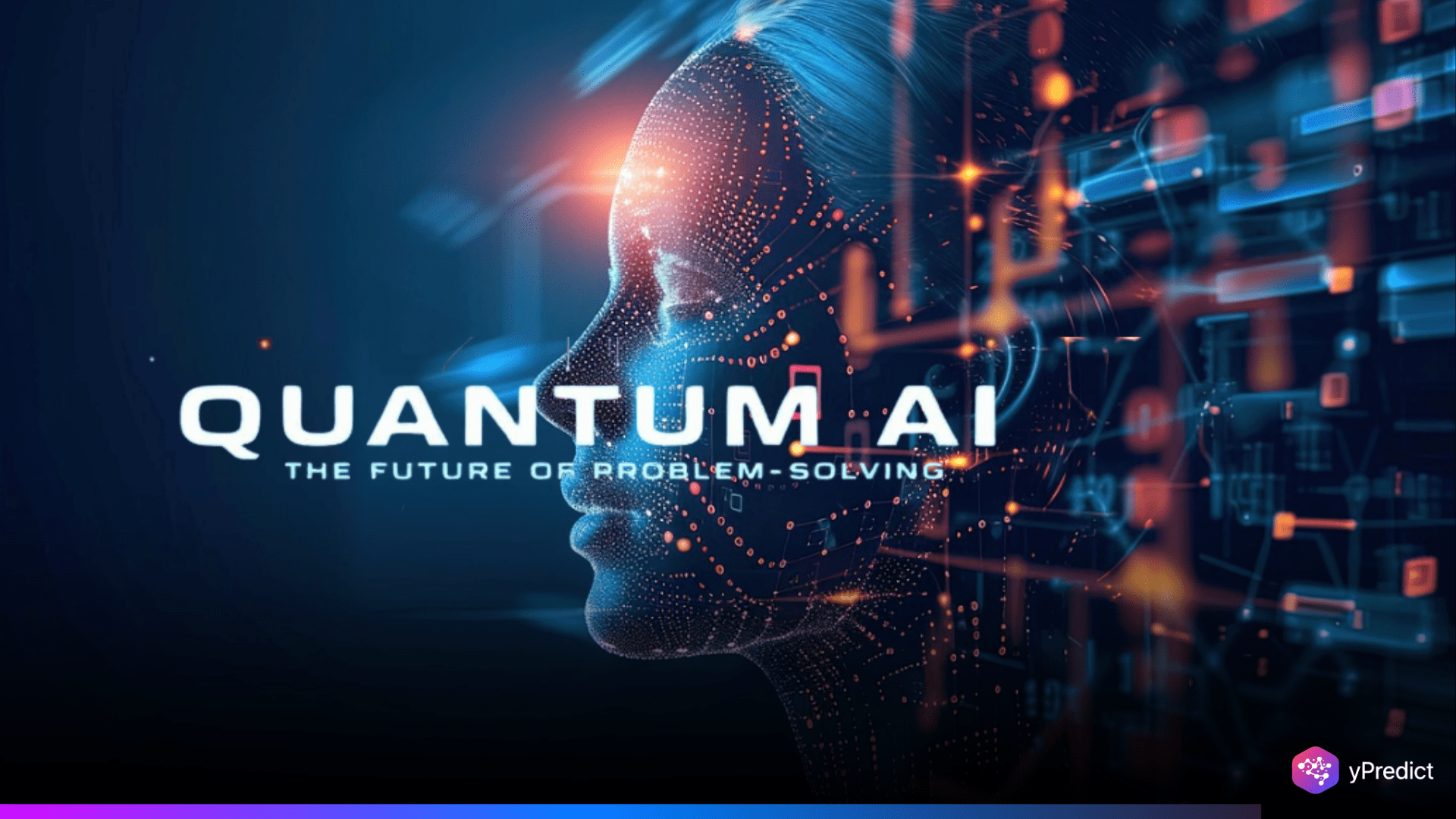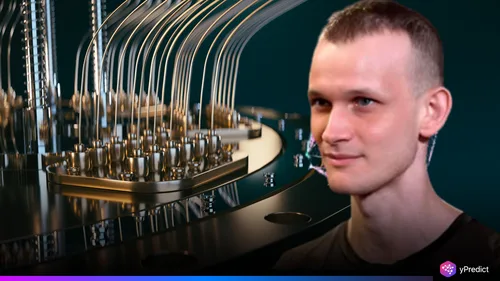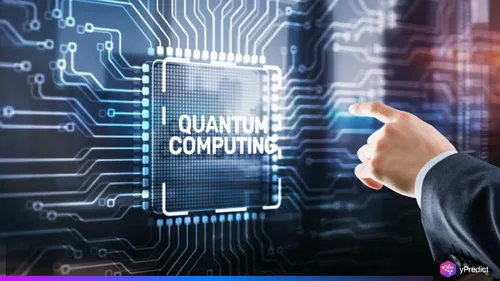
IonQ has unveiled two groundbreaking quantum-classical methods that significantly enhance artificial intelligence (AI) workflows—one boosts large language model (LLM) accuracy, and the other generates synthetic data for industrial materials science. These developments mark a major leap in hybrid AI systems powered by quantum computing.
As enterprise demand for advanced AI continues to grow, IonQ’s latest efforts underscore the value of quantum hardware in pushing the boundaries of efficiency, accuracy, and adaptability in AI.
Quantum-Enhanced LLMs Show Higher Accuracy, Energy Savings
IonQ’s first major advancement centers around enhancing LLMs—specifically through quantum fine-tuning. In their experiment, researchers integrated a parameterized quantum circuit into an existing open-source LLM trained for sentence prediction.
Even more compelling, IonQ projected that the hybrid model would result in significant energy savings during inference as problem sizes exceed 46 qubits—making it more sustainable at scale.
Quantum GANs Outperform Classical Models in Generating Synthetic Data
IonQ’s second study focused on improving generative AI for materials science using quantum-enhanced GANs (QGANs). In partnership with a top automotive manufacturer, IonQ applied QGANs to produce synthetic steel microstructure images—a crucial tool in modeling physical properties and improving product design.
The results were notable: up to 70% of the images generated using QGANs scored higher in image quality compared to those generated by classical GANs. This quality improvement is especially valuable in data-scarce industrial environments, where generating real-world images is costly and time-consuming.
Commercial Use, Industry Partnerships, and Simulation Tools
These AI breakthroughs follow a string of strategic moves by IonQ to commercialize its quantum computing platforms. In recent months, IonQ launched its Forte Enterprise-class quantum computers, designed for real-world use cases that integrate AI, simulation, and optimization workflows.
The company also entered a partnership with Ansys, introducing a quantum simulation tool that improved Computer Aided Engineering (CAE) processes by up to 12%. In addition, IonQ signed an MOU with AIST’s G-QuAT (Global Research and Development Center for Business by Quantum AI) to co-develop hybrid AI solutions.
Quantum AI Is Becoming Tangible in 2025
IonQ’s dual breakthroughs—boosting LLM performance and improving synthetic data quality—offer a glimpse into the real-world potential of quantum-powered AI. As traditional AI faces challenges in energy efficiency and data scarcity, quantum-classical hybrid models are positioning themselves as the next evolution of machine learning.







